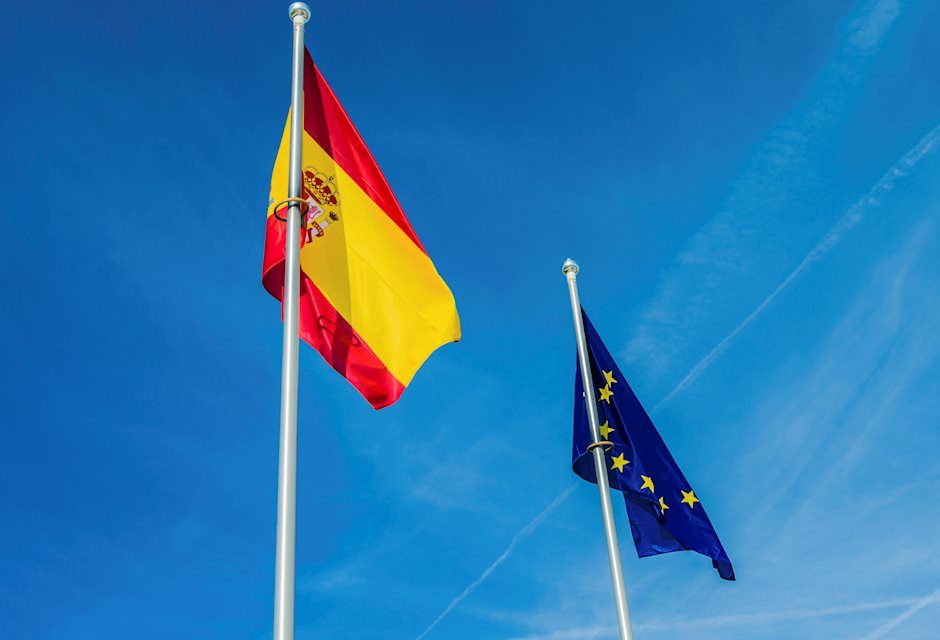Catalonia: The cost of being single - ING

According to Catalan leaders, a referendum on the region’s independence should be held by the end of this year (even if this is forbidden by the Spanish constitution), notes Geoffrey Minne, Economist at ING.
Key Quotes
“Over a 48 hour timeframe, the region that is larger than Finland or Ireland in terms of population could unilaterally declare its independence and take the risk of leaving Spain. Cultural and political motives have been put forward but the economic benefits are far from clear. As with Brexit, we believe that any Catalexit would plunge the region into a long period of uncertainty and would most probably be negative for the private sector.
- Economic costs seem to be a secondary issue in the current debate and the spotlight is more on the cultural and political motives.
- Uncertainty and a drop of households’ purchasing power would probably affect private consumption negatively.
- Exiting Spain automatically means leaving the EU and undermining foreign direct investment and external demand for exporting companies located in Catalonia.
- 45% of Catalan “export” sales head to the rest of Spain and 65% of the rest are exported to the EU.
- In 2016 Catalonia exported more to Portugal than to the US, China and Japan together.
- Neither the use of the euro while being out of the Eurozone nor of a new currency would lead to an enviable situation for the private sector.
- Despite the fact that Catalonia is a net contributor to the Spanish budget, it remains doubtful that secession will lead to a better situation for taxpayers.
- All in all, from an economic perspective the independence project is costly, and uncertainty alone could already have an economic cost.”
Author

Sandeep Kanihama
FXStreet Contributor
Sandeep Kanihama is an FX Editor and Analyst with FXstreet having principally focus area on Asia and European markets with commodity, currency and equities coverage. He is stationed in the Indian capital city of Delhi.

















